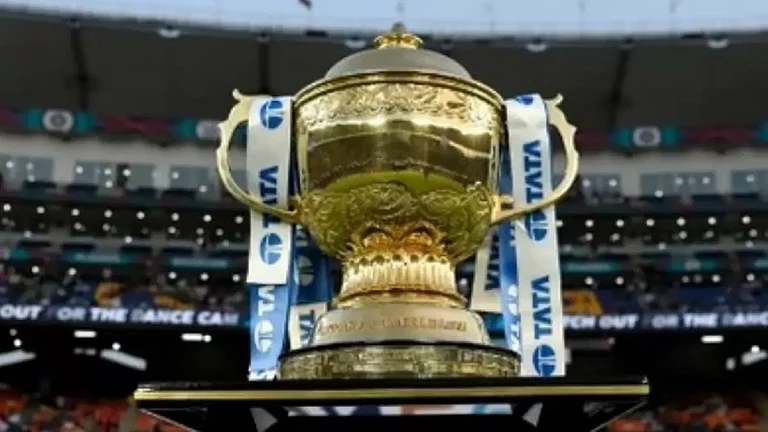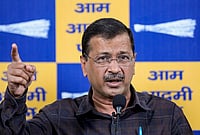A new bill in the Lok Sabha seeks to curtail the powers of the elected Delhi government, while giving overarching authority to the lieutenant governor (LG) appointed by the central government. Introduced by the Centre on March 15, the Government of National Capital Territory of Delhi (Amendment) Bill, 2021, makes it explicitly clear that the term “government” in any law made by the legislative assembly shall mean the LG. Delhi CM Arvind Kejriwal was quick to retort, asking that if the LG will be the government, then “what will the elected government do?”
Referring to another proposed amendment that makes it mandatory for all files to be sent to the LG, Kejriwal said it violates the July 4, 2018, judgment of a five-judge constitution bench of the Supreme Court, which held that the LG’s approval is not required on issues other than police, public order and land. “It has to be clearly stated that requiring prior concurrence of the LG would absolutely negate the ideals of representative governance and democracy conceived for the NCT of Delhi by Article 239AA of the Constitution,” the bench ruled, adding that the LG is bound by the aid and advice of the council of ministers. Delhi’s ruling AAP had earlier blamed delays in decision-making by its government on the requirement of sending files to the LG and waiting for his approval.
Soon after the new bill was introduced, Kejriwal tweeted: “After being rejected by people of Delhi (eight seats in assembly, 0 in MCD by-polls), the BJP seeks to drastically curtail powers of elected government through a bill in LS today. Bill is contrary to constitution bench judgment. We strongly condemn the BJP’s unconstitutional and anti-democracy move.”
Federalism expert Balveer Arora concurs that the bill is indeed unconstitutional and undemocratic as Delhi is not a “directly administered” Union territory. “If enacted into law, it can be challenged in court,” says Arora, who is chairman of the Centre for Multilevel Federalism, Institute of Social Sciences. “However, whenever such challenges have been put before the judiciary, it takes a long time to decide. The abolition of J&K’s statehood is still sub judice. We still don’t know whether it is constitutional or not. If this goes to the judiciary, then it will probably meet the same fate. The Centre is punishing the party running the Delhi government for defeating it in assembly elections twice. Taking over control of the government is like taking revenge. A sweeping majority in the Lok Sabha does not allow a government to go against the country’s democratic principles.”
Veteran Constitution expert Subhash Kashyap disagrees. “A Union territory by definition is a Centre-administered territory and Parliament is supreme as far as Delhi is concerned. The Delhi Assembly may have been given powers to make laws on certain subjects, but even in those, if the Centre decides otherwise, the Union law will prevail,” he says.
With different constitutional interpretations, the Centre and the Delhi government are in for another face-off and a protracted legal battle is likely.


























